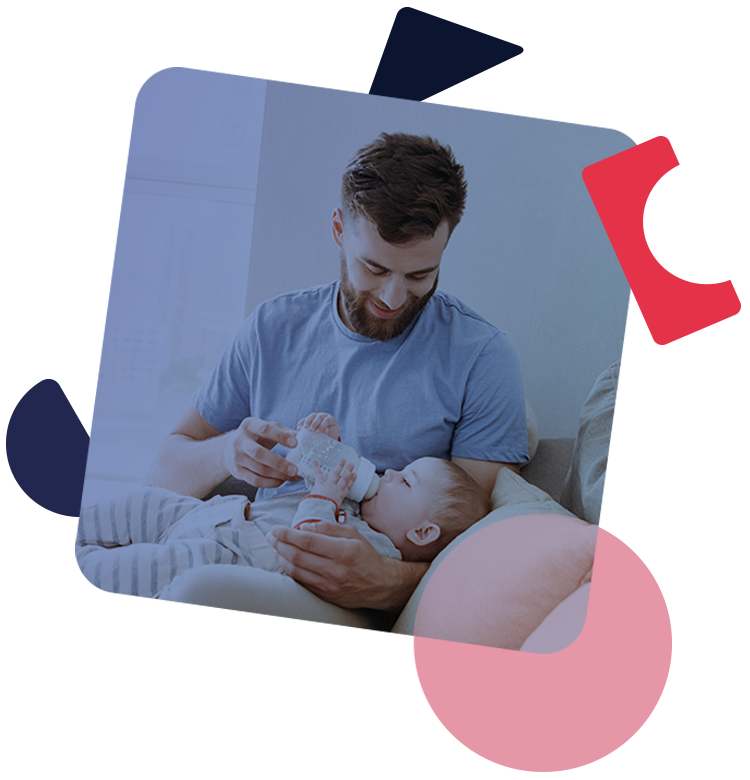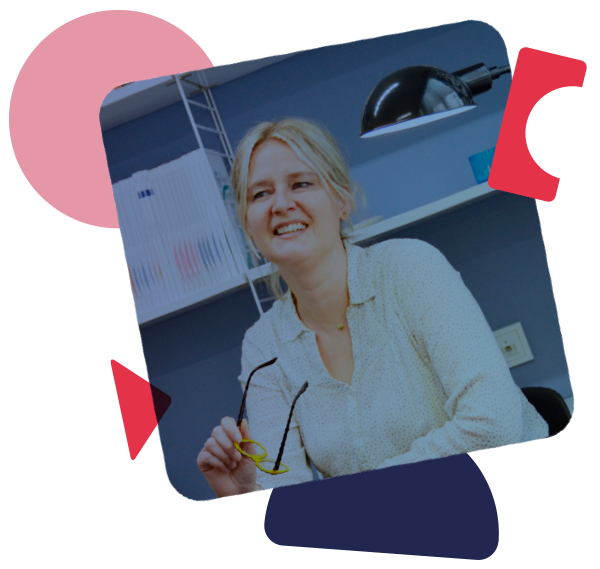
PERINATAL PSYCHOLOGY
Families with babies

Do you want an appointment?
+34 660 292 424
You can call us or write us an email We'll be happy to hear from you!
Do you prefer that we call you?
Do you want an appointment?
+34 660 292 424
You can call us or write an email. We'll be happy to hear from you!
Do you prefer that we call you?
It is normal that in these circumstances, many doubts and questions arise in the parents’ minds when accompanying their children in their early years:
Is it normal for me to have symptoms of anxiety and depression?
What kind of mother or father am I?
What kind of parent would I like to be to my child?
Is the baby developing properly?
It he/she healthy?
Is it normal that memories of unpleasant events in my past come to the surface right now?
Does the child get good care if I am tired or upset?
Why is the baby eating poorly, crying a lot, fidgeting, or not sleeping?
Are negative feelings about my baby normal?
Why is the baby not making contact or not responding?
Sometimes to give a good answer for these situations it is necessary to receive help or concrete guidelines.
The baby develops in interaction with the parents
In part, this occurs at the cerebral level. The early years are the most intense time for brain development and repetitive experiences help shape the functional structures of the brain.
The baby needs a caregiver with whom to establish a safe, constant, predictable and lasting emotional relationship. Early interaction is fundamental to the child’s development.
Early interaction means everything that a child and a parent experience and do together in the early years. When a baby develops an experience of basic security and trust in early interactions, it is reflected in later interpersonal relationships and creates a foundation for the development of good self-esteem, self-image and empathy. The child has the ability to explore and conquer his environment: play, create and learn something new. He also learns to regulate emotions and seek and receive attention when he needs it.
In a good enough interaction, a parent is sensitive to his/her child’s signals and communications. Generally, the parent interprets these signals correctly and responds in a predictable and consistent way. The baby will then build an image of himself: I am good, my needs are important, I feel joy, the world is a good, safe and interesting place. Parents communicate through their gaze, their touch and their voice; they convey to their children that they are special, wonderful and loved.
The parent influences the child and the child the parent. Parent’s strive to understand the baby’s emotional states and share them with him, helping the baby to identify his feelings and needs. With the help of the parent, the baby can alleviate and tolerate his discomfort, as well as share and improve his well-being.
Do not be afraid of misunderstandings or difficult moments; they do not destroy the pleasure of being together. No parent or human relationship is perfect. However, if a child’s needs are constantly neglected and the child experiences disappointment too often, it will be difficult for him to trust life or himself. The baby will feel lonely, abandoned, and insecure.
The affectionate relationship between the baby and the parent is formed and strengthened in day-to-day routines. In a favorable situation, a secure bond develops between the baby and the caregiver. The baby feels that the parent is available to him, that he will help and comfort him when necessary.
Early bonding and interaction psychotherapy has been developed for the treatment of difficulties during pregnancy and early childhood.



What we do in Lapsi
At the LAPSI Center we think together about these issues. The need for treatment will be assessed and an intervention plan developed. The first visit is held in the consultation room, and subsequent visits can be face-to-face at the consulting room, online or at home.


